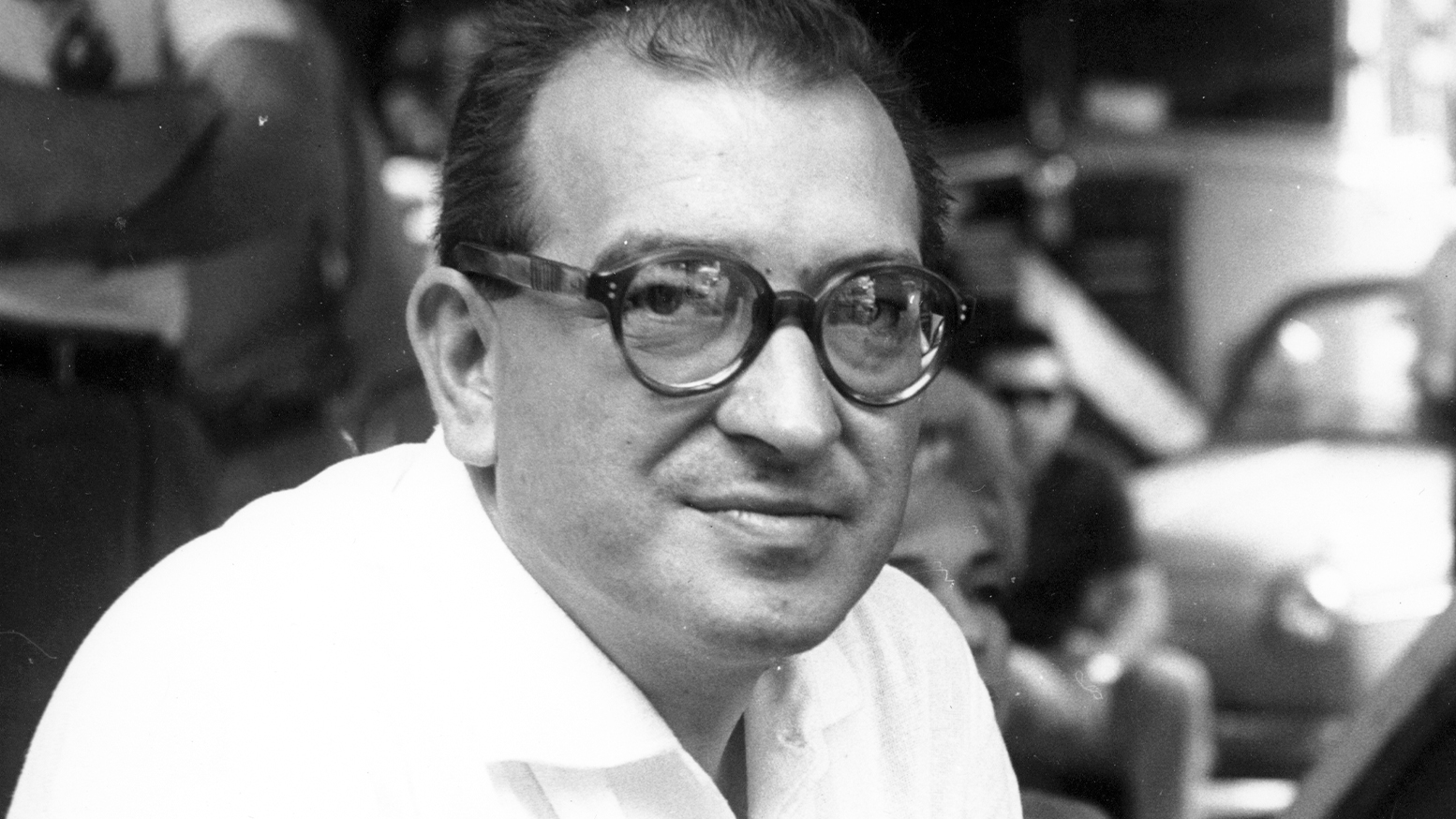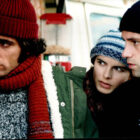Born in Rome in 1919, Pietrangeli emerged as a prominent figure during the golden age of Italian cinema. Contribuited to leave an indelible mark with his keen observations of human nature, deft storytelling, and nuanced character portrayals. As we delve into his filmography, we uncover a filmmaker whose works transcend time, offering profound insights into the human condition.
“La Visita”
Pietrangeli’s “La Visita” (1963) stands as a testament to his mastery of intimate storytelling and acute social commentary. Set against the backdrop of a bourgeois family’s villa in Rome, the film unfolds over the course of a weekend visit by a distant relative. Egregiously played brilliantly by Sandra Milo. Through the lens of this seemingly innocuous visit, Pietrangeli exposes the hypocrisies and underlying tensions simmering beneath the surface of familial relationships and societal norms. With a delicate balance of humor and pathos, “La Visita” remains a poignant exploration of class, desire, and the pursuit of happiness.
“Lo Scapolo”
In “Lo Scapolo” (1955), Pietrangeli presents a biting satire of post-war Italian society through the lens of a confirmed bachelor, portrayed by Alberto Sordi. As a successful lawyer navigating the complexities of romance and commitment, Sordi’s character grapples with societal expectations and personal desires. Pietrangeli’s sharp wit and keen observation of human behavior shine through in this comedic masterpiece. Thus offering a thought-provoking commentary on the institution of marriage and the pursuit of individual freedom.
“Il Magnifico Cornuto”
“Il Magnifico Cornuto” (1964) sees Pietrangeli tackling themes of jealousy, infidelity, and the fragility of male ego with unparalleled finesse. Marcello Mastroianni delivers a tour de force performance as a man consumed by suspicion and paranoia after suspecting his wife of infidelity. Set against the backdrop of Rome’s glamorous social scene, Pietrangeli weaves a tale of deception and self-deception. Exploring the intricate dynamics of trust and betrayal within marriage. With its razor-sharp wit and incisive commentary, “Il Magnifico Cornuto” remains a timeless exploration of human folly and the complexities of love.
“Amori di Mezzo Secolo”
Pietrangeli’s segment in the anthology film “Amori di Mezzo Secolo” (1954) offers a poignant snapshot of life in post-war Italy. Titled “Gli Italiani si Voltano” (The Italians Turn Their Heads), Pietrangeli’s segment follows the intersecting lives of ordinary citizens against the backdrop of Rome’s bustling streets. With sensitivity and empathy, Pietrangeli delves into themes of love, loss, and resilience, capturing the essence of a nation grappling with the aftermath of war and the promise of a brighter future.
“Adua e le Compagne”
In “Adua e le Compagne” (1960), Pietrangeli crafts a powerful narrative centered around four former prostitutes who open a restaurant in an attempt to leave their past behind. Led by the formidable Simone Signoret as Adua, the film explores themes of redemption, friendship, and female solidarity against the backdrop of a changing Italy. Pietrangeli’s deft direction and nuanced characterizations elevate “Adua e le Compagne” beyond mere social commentary, offering a profound meditation on the resilience of the human spirit in the face of adversity.
In conclusion, Antonio Pietrangeli’s contributions to Italian cinema are as diverse as they are profound. From incisive social satire to poignant human drama, his films continue to resonate with audiences around the world, offering timeless reflections on the human condition. As we revisit Pietrangeli’s works, we not only celebrate his legacy as a filmmaker but also rediscover the enduring relevance of his storytelling in an ever-changing world.
Watch the movies on Movieitalplus
Read more articles here!






